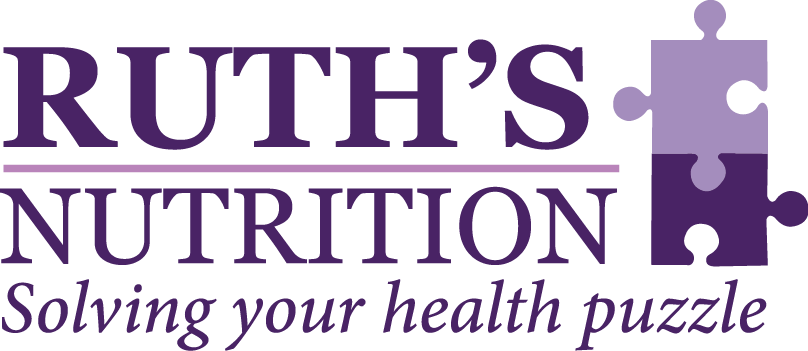Boosting your immune system for the long haul
 While Alabama slowly re-opens businesses, we all know the coronavirus that causes COVID-19 isn’t going away completely anytime soon. A vaccine is at least 18 months away and may be years (to date the fastest development and approval of a vaccine was four years – for mumps).
While Alabama slowly re-opens businesses, we all know the coronavirus that causes COVID-19 isn’t going away completely anytime soon. A vaccine is at least 18 months away and may be years (to date the fastest development and approval of a vaccine was four years – for mumps).
Given that, it’s important for all of us to practice physical distancing, wear masks, and maybe most important, keep our immune systems tuned-up and ready to meet any foe. Thank goodness, there are many ways to do that.
The top lifestyle choices are getting good sleep, regular exercise, lowering anxiety/stress, and eating a diet high in fruits and vegetables while being low in sugar. When it comes to supplements, there are several to choose from.
Vitamin D
Having higher levels of vitamin D has long been known to lower the risk and severity of respiratory tract infections. Vitamin D enhances the ability of white blood cells (monocytes and macrophages) to fight pathogens, while simultaneously lowering inflammation.
Experts generally recommend between 1,000 – 5,000 I.U. daily. You can, however, get too much vitamin D with really high supplementation. It’s best to periodically ask your doctor to check your vitamin D levels.
Zinc
Zinc is needed for immune cell development and communication, and is commonly deficient, especially in older people. Low levels of zinc are associated with increased risk of infections, including pneumonia.
Supplementing with zinc has been shown to decrease the durations of the common cold and other upper respiratory infections.
Healthy adults can safely take up to 40 mg of zinc daily over time (higher for shorter duration). Be aware that zinc and copper can displace each other in the body, so it’s best to take a zinc supplement that also contains copper or get additional copper from your multivitamin.
Vitamin C
Supplementing with Vitamin C has been shown to reduce the duration and severity of upper respiratory tract infections. Vitamin C supports the immune system in multiple ways: being an anti-oxidant, improving immune cells’ ability to attack pathogens, helping the immune system clear out spent cells, etc.
Taking 1-2 grams daily reduces duration of colds. Vitamin C is water soluble and can be taken to bowel tolerance during illness.
Elderberry
Elderberry has potent anti-viral and anti-bacterial activity, especially in upper respiratory conditions and influenza. It also has been shown to shorten the duration of flu and common cold infections. In addition, elderberry is a potent anti-oxidant and anti-inflammatory.
Safe even for children, elderberry can be taken in syrup, tincture, capsule or gummy forms.
Medicinal Mushrooms
Several types of mushrooms have medicinal value, and they have been used to improve health since ancient times. Many have been studied in connection with cancer, cardiovascular health, brain health, and energy production.
Cordyceps, Lion’s Mane, Maitake, Shitake, Reishi, and Turkey Tail are all varieties that have been studied and proven to have immune system benefit.
Medicinal mushrooms can be taken as tinctures, capsules, or tea, either singly or in combination.
Andrographis
This herb has a long history of use for improving immune system function. Andrographis has anti-viral, anti-bacterial, anti-inflammatory, anti-cancer, and immune-stimulating properties. It has been shown to reduce duration and severity of upper respiratory infections.
It can be found in tincture or capsules. (It’s a very bitter plant and, therefore, unpleasant for tea.
Garlic
Garlic is a powerful anti-inflammatory with anti-viral properties. It enhances immune health by stimulating white blood cells (Natural Killer cells and macrophages). It can be taken as food, capsules, or liquid.
Selenium
This mineral is essential for immune health. Animal research shows selenium enhances anti-viral defense against influenza strains, including H1N1. Selenium deficiency is associated with higher risk of viral infections, including coxsackievirus and influenza.
Selenium can have serious side effects if taken in high doses. It is generally recommended that people take no more than 200 mcg. daily.
Multivitamin
Don’t forget that a simple daily multivitamin can take you a long way toward improved immune health. Most include vitamin D, vitamin C, selenium, and zinc. And the B vitamins they contain also are important for a healthy immune response.
REFERENCES:




